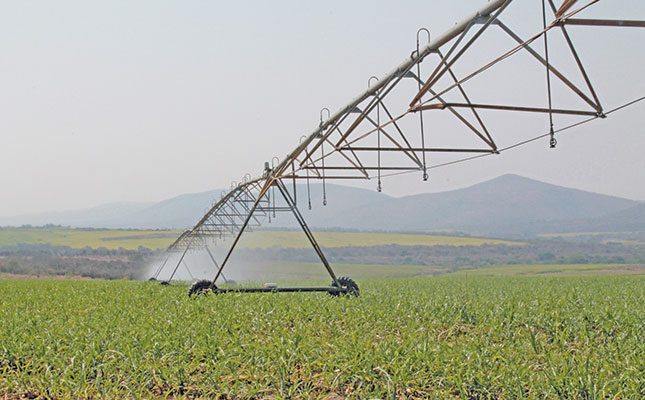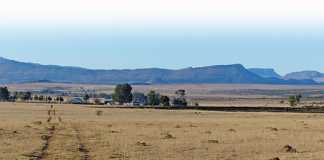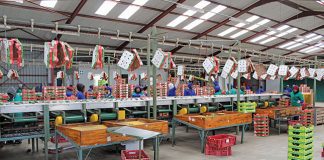
Photo: Supplied
Janse Rabie, legal and policy executive at Agri SA, said that the proposed regulations would have a devastating impact on South Africa’s commercial sector, and in effect food security and job creation, if adopted in its current form.
“The majority of farmers have water rights. It is well known that the department envisages compulsory licensing of existing lawful water uses in the near future, and we fear that the proposed regulation might be used against them when they then apply for water licences.”
He also felt that the proposed regulations attempted to replace the current 10 considerations that had to be taken into account when granting licences. These included factors such as efficient and beneficial use of water in the public interest, socio-economic impact, and investments already made by a water user in respect of the water in question.
He added that agriculture, which accounted for 60% of South Africa’s total water use, and forestry seemed to be the primary targets of the proposed regulations, while mining, state and state-owned entities, as well as 100% black-owned entities, seemed to be exempted.
Rabie said Agri SA fully appreciated the importance of achieving an inclusive and representative agricultural sector in the country, but these regulations were unlikely to achieve further transformation.
“Achieving transformation will require the creation of an environment that is conducive to growth and investment in the sector, and which provides meaningful support for new entrants.”
He said the proposed regulations could not have come at a worse time for the sector and economy, which was already reeling from the impact of load-shedding, rural crime and deteriorating public infrastructure.
Theo de Jager, executive director of the Southern African Agri Initiative, said the proposal was both practically impossible and morally unjustifiable: “It rips our business environment out of the competitiveness and efficiency-driven ethos of the 2020s, back to the discredited race-based apartheid paradigm where discrimination and oppression are founded on pigmentation.”
He said that most of the primary agricultural sector was family owned and managed, and wanted to know how a family should be transformed to comply with these “draconian race-based quotas”.
Dr Sandile Ndlungwane, North West executive for the African Farmers’ Association of South Africa, however said his organisation supported the idea behind the proposal, adding: “We seriously need water reform in the country, as most of the water allocated to the agriculture sector is allocated to white farmers.”
He did not interpret the proposal as a threat to commercial farms. “I don’t think the intention is to take existing water rights away, but rather to ensure that the remaining water and new water that becomes available as new dams are built go towards transformation.”
He also did not think it would affect farm sales, as the Constitutional Court earlier this year judged that the temporary or permanent transfer of water-use entitlements were supported by the Water Act.
The Department of Water and Sanitation said in a press release that the main intention of the proposal was to address the racial discrepancy in water use, which was “highly skewed” towards the historically advantaged group.
According to the statement, 98% of South Africa’s water resources had been allocated by 2004, and the majority of these allocations were through recognition of old entitlements.
The department added that comparative statistics drawn from issued water-use licences since 1998 indicated that more than 75% had been allocated to historically advantaged individuals, and 24% to historically disadvantaged individuals.
The same analysis by means of existing lawful water use showed that more than 98% had been allocated to historically advantaged individuals and a little over 1% to previously disadvantaged individuals.
The public have until 18 July 2023 to comment on the proposed Revision of Regulations regarding the Procedural Requirements for Water-Use Licence Applications and Amendments.












